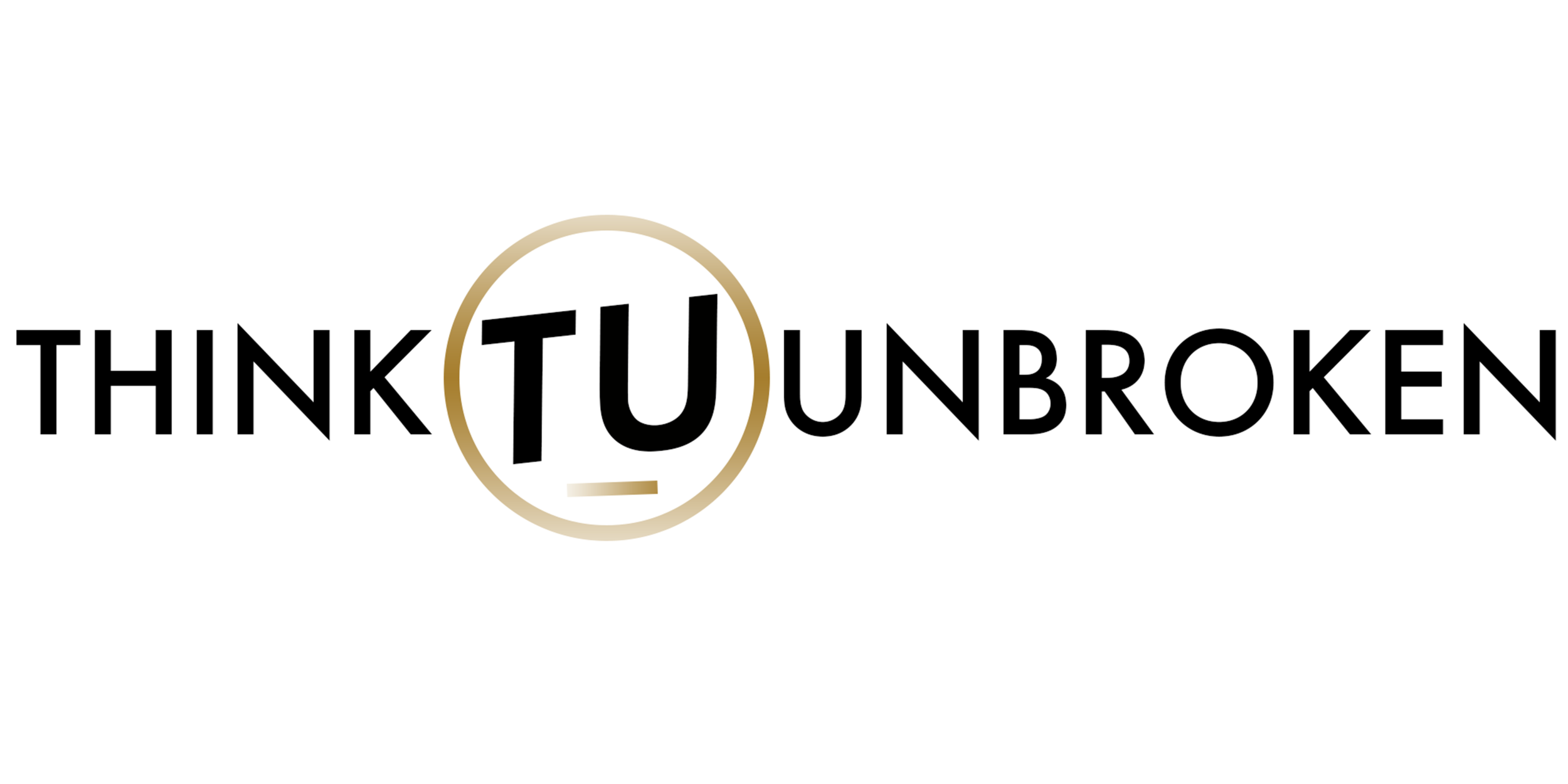Building confidence and overcoming self-doubt after trauma
Building confidence and overcoming self-doubt after trauma begins with you
It's easy to talk about believing in yourself. Embodying the emotions and feelings one needs to cross the finish line of such beliefs is much more complicated. As Van Der Kolk so gracefully wrote, "The Body Keeps the Score." So, suppose that holds, and we are embedded as humans with the foundational impacts of our childhood. What if the reason we struggle with self-belief is tied to our biology and physiology?
Many people who have survived brutal childhood trauma find themselves reaching a threshold of normal that often creates a life that feels unfulfilling. We get stuck believing that our dreams don't matter and our thoughts aren't necessary. And then, when it’s time to show up for what we want in our lives, we struggle. If you ask most people who have had trauma if they thrive in chaos, they will emphatically say yes! In my opinion, that is one of the worst places to thrive.
We often have to reset our brains and bodies to find success and establish new levels of belief in ourselves. There are many ways we can build confidence. First, self-belief begins with creating a plan for what we actually want and then following that plan while battling the internal and often brainwashed narrative tied to our struggle of enoughness.
If you were told as a child that you don’t matter, aren’t important, or feel invisible, how do you find the confidence to believe in yourself? That is the question that I have been seeking an answer to for my entire life.
I think building confidence and overcoming self-doubt after having childhood trauma is a process that, while in-depth and demanding, can be simplified into three core areas.
Acknowledging the experiences of the past that have kept you stuck will be the moment that you can draw a line in the sand and decide to no longer allow those moments to dedicate your life.
Change one action a day. Too many people try to make a 180-degree turn in their lives and almost always end up right back where they started. The body can only absorb so much new data. This trauma healing journey is truly one step at a time.
Get your brain and body reconnected. We are so disconnected from the impact of trauma that we aren’t present in our own lives; through modalities like yoga, meditation, martial arts, walking, art, and even doing the dishes, we can bring notice to the physical experience that we are having.
Finding self-belief and building confidence after having suffered from bullying, neglect, poverty, homelessness, the school system, or failures in entrepreneurship or your career take time to recover from. However, you can expedite the time by not getting stuck in ruminating about what you could or should have done. At some point, you have to let go, and in that letting go, you will find the freedom that you seek.
Our bodies are wired to hold onto memories as a survival mechanism to keep us safe. However, when the memories we hold onto no longer serve us for the better, we must let go of them. The difficulty in that is in part due to memory and recall after trauma being a bit skewed but also because our brains and memory function autonomically, and we have no control over what pops up. That said, we have complete control over our reaction and our ability to place that memory that says, “Don’t you remember last time you tried this and failed?” in the garbage.
So, if we acknowledge, take action, and reconnect, we have a fighting chance at building confidence and overcoming self-doubt after trauma. None of this is a one-size approach, and each day will present new challenges. However, when the goal is to build a new foundational understanding of who you are, you must accept that rebuilding only happens one day at a time.
At some point, you must decide to let go of the thoughts and emotions that don’t serve you and not be a victim of your mind. And in the letting go, not only will you find your courage, but you will also shift who you are. And what is so powerful about this shift is that for the first time, you might actually become you.
Be Unbroken,
Michael Unbroken

